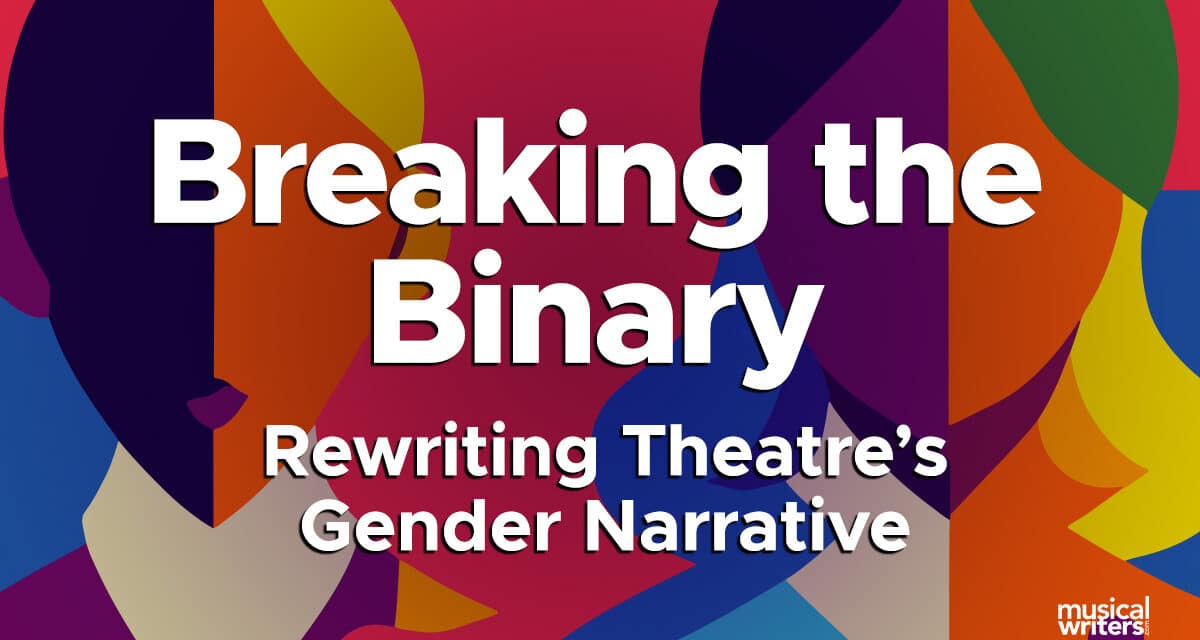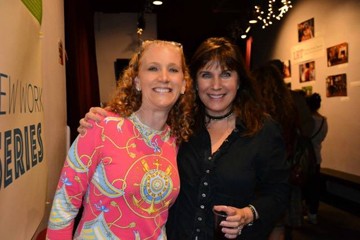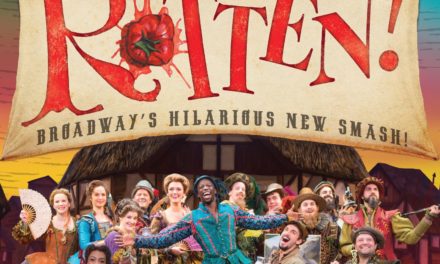There’s something deeply profound about watching history unfold. It’s not every day that you get to witness a seismic shift in the cultural landscape. The recent triumph of J. Harrison Ghee and Alex Newell, the first out nonbinary performers to win Tony Awards, was such a paradigm-shifting moment. This wasn’t just a victory for the individuals involved, but a breakthrough moment for nonbinary representation in theatre. The path to this pivotal moment wasn’t merely a matter of casting nonbinary actors. More significantly, it also required the creation of roles for them.
As a passionate advocate for new musicals, I believe theatre is for everyone and it is my joy and privilege to actively work towards making it a reality. In my role as a producer and director, it is my responsibility to craft a stage that mirrors the diverse society we live in. This responsibility goes beyond merely slotting diverse actors into pre-existing roles. We must wholeheartedly embrace shows that organically weave these characters into their narratives.
For too long, the responsibility of diverse casting has been placed largely on the shoulders of producers and directors – yet there’s a goldmine of opportunities for writers and creators to effect change. We need to challenge the conventions of storytelling by deliberately writing characters whose identities are complex and fluid, not necessarily tethered to traditional notions of gender or sexual orientation. In doing so, we are constructing narratives that demand the unique perspectives of nonbinary individuals.
The roles Ghee and Newell played were not just tacked on to tick diversity boxes. Ghee’s portrayal of a gender-questioning musician in Some Like It Hot offered a refreshingly nuanced take on identity, turning the original narrative of disguise into a journey of self-discovery. In contrast, Newell’s role in Shucked was equally groundbreaking, with the character of LuLu being at the very heart of this new musical and not defined by a nonbinary narrative or storyline. This wasn’t diversity for the sake of diversity, but an authentic reflection of our evolving understanding of identity and self-discovery. At a time when the discourse around gender identity is becoming central to cultural and political debates, theatre must serve as a platform where everyone’s story can be told.
Despite these victories, challenges remain. The Tony Awards, like many award ceremonies, remain gendered in their categories, something performers like Ghee and Newell are working to change. As Ghee said, we should let the work speak for itself, without labels. Justin David Sullivan, a nonbinary performer in Juliet, made a conscious choice to forego award consideration instead of participating in a gender-defined category.
In my quest to ensure that everyone sees themselves reflected on stage, I encourage roles for nonbinary performers. Their voices are essential to the rich tapestry of human experiences we strive to depict. Their stories are our stories, their triumphs, our triumphs. As I plan my future productions, my goal is not just to find compelling narratives, but to create a future where every actor, regardless of their gender identity, can identify with the characters they portray. Because only then, when we see the depth and breadth of human diversity reflected on stage, can we truly say that the theatre is a place for us all.



















Rebecca,
Wow, what an impressive resume. I would have added, endless energy and endearing patience.
Agreed about diversity.
Mary Jane